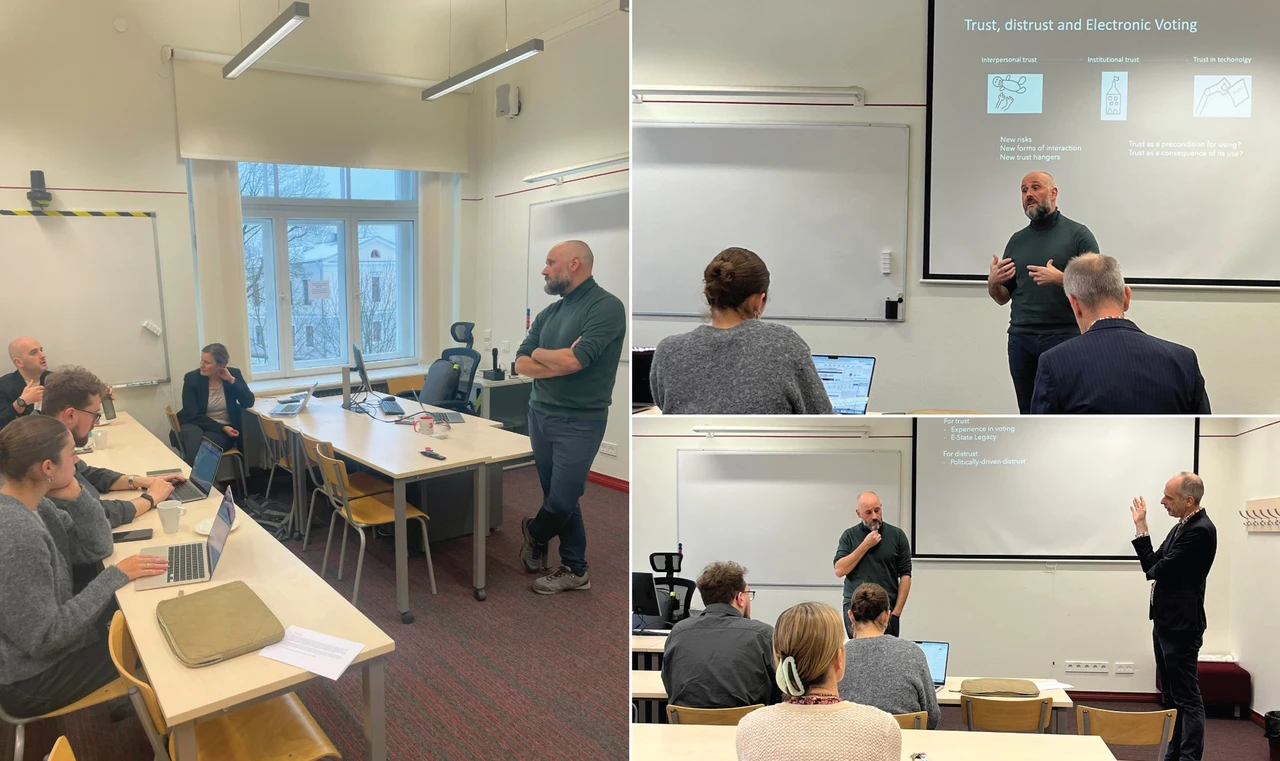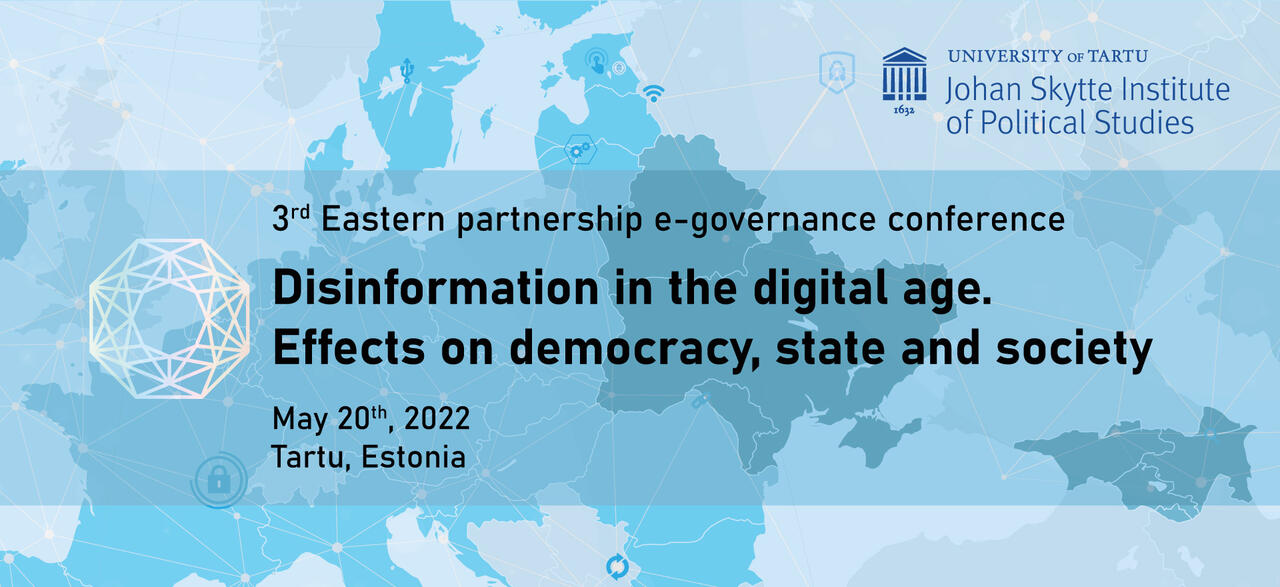The special challenges of an Internet Voting Pilot
One of the most critical environments from the point of view of security and privacy in “the Digital Era” are electoral processes. Within these processes it is necessary to ensure the privacy of voters as well as the integrity of the votes, to guarantee the accuracy of the election results. However, another point that is very important is to ensure the authenticity of the voters and their eligibility in the election process, for example that they are authorized to vote in that process. Otherwise, the election integrity could be posed at risk. mGov4EU will research possibilities to ensure a unique mapping between natural persons and identifiers. In addition, in certain cases, it might be interesting to have access to some personal data of the voter for statistics. For example, it can be needed to know the election participation concerning socio-demographic variables, such as gender and age of the voters. This can be done by requesting the voter consent to access to their gender and age using the SDG Layer. In this manner, the voting system does not require a database with the personal data of all the voters and the voter does not need to manually introduce their data for statistics.
This use case consists of integrating the eIDAS authentication in the online voting system of the mGov4EU Partner Scytl, thus voters from different countries and with different eIDAS-compliant authentication tokens can authenticate seamlessly in the system for voting. In addition, the project introduces the ability to get voter personal data relevant to statistics by means of the SDG Layer.
The mGov4EU Way
mGov4EU tackles these challenges by evolving and transforming the existing ecosystem of technical interoperability solutions supporting the EU eGovernment Action Plan 2016-2020 and the European Interoperability Framework Implementation Strategy such that mobile-only use cases, including the authenticated cross-border access of mobile public services, become a reality. Part of this evolution will be an integration of modern mobile end-user devices into existing processes and infrastructures, which will require a critical assessment of these devices’ capabilities and limitations. mGov4EU puts special focus on the eIDAS and the SDG Regulation and their respective technical implementations, which are both crucial for pan European cross-border ICT solutions in Europe and hence have been selected to be in the primary scope of mGov4EU.
The mGov4EU consortium invites all organisations and individuals interested in developing an open ecosystem for secure mobile government services to join the mGov4EU initiative.
You can keep up with the project on our homepage here: https://www.mgov4.eu/This project has received funding from the European Union’s Horizon 2020 research and innovation programme under grant agreement No 959072.







Comments